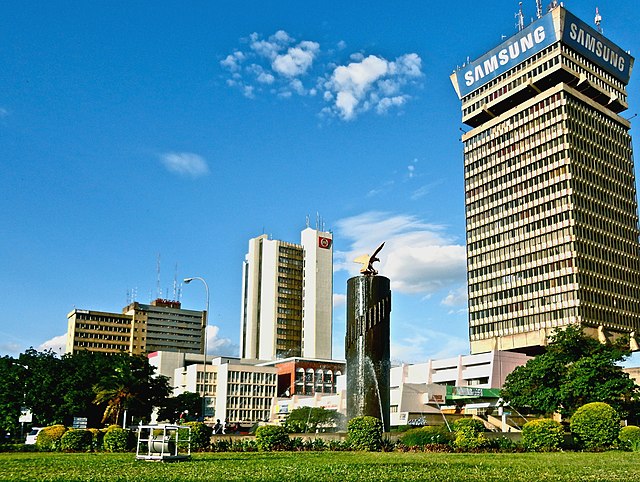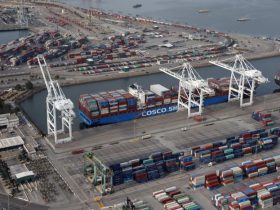
Zambia’s Main Businesses
Zambia, a landlocked country in Southern Africa, has a diverse economy driven by key industries such as mining, agriculture, manufacturing, energy, and services. Despite challenges like economic volatility and inflation, the country remains one of Africa’s leading producers of copper and a hub for various business activities.
1. Mining Industry
Mining is Zambia’s largest economic sector, contributing significantly to GDP and exports. The country is one of the world’s top copper producers, with companies like Konkola Copper Mines (KCM), First Quantum Minerals, and Mopani Copper Mines playing a dominant role. Other minerals mined include cobalt, emeralds, and manganese. The mining sector attracts significant foreign direct investment, particularly from China and Canada.
2. Agriculture and Agribusiness
Agriculture employs a large portion of Zambia’s population, contributing to food security and exports. Major crops include maize, tobacco, cotton, soybeans, and sugarcane. Companies like Zambeef Products Plc lead in agribusiness, processing meat, dairy, and edible oils. The government supports the sector through subsidies and irrigation projects to reduce reliance on seasonal rainfall.
3. Manufacturing Industry
Zambia’s manufacturing sector includes food processing, textiles, cement production, and metal fabrication. Large firms such as Lafarge Zambia dominate cement production, while Trade Kings Group is a leader in fast-moving consumer goods (FMCG), producing detergents, beverages, and confectionery.
4. Energy Sector
The energy sector is crucial for Zambia’s economy, with hydroelectric power contributing over 80% of electricity generation. ZESCO (Zambia Electricity Supply Corporation) is the state-owned power company, managing hydro dams and transmission networks. The country is also investing in renewable energy, including solar farms, to address power shortages and diversify energy sources.
5. Banking and Financial Services
The financial sector is well-developed, with local and international banks such as Zanaco, Standard Chartered, Barclays (Absa), and First National Bank Zambia providing banking, insurance, and microfinance services. Mobile banking and fintech are growing, improving financial inclusion in rural areas.
6. Retail and Wholesale Trade
Zambia has a thriving retail industry, with major shopping malls housing international and local brands. Companies like Shoprite, Pick n Pay, and Game Stores dominate the supermarket sector, while local markets serve informal traders. The e-commerce sector is emerging, with businesses leveraging online platforms for sales and logistics.
7. Tourism and Hospitality
Tourism is a significant sector, with attractions like Victoria Falls, South Luangwa National Park, and Lower Zambezi National Park drawing visitors. Hospitality businesses such as Protea Hotels, Radisson Blu, and Avani Victoria Falls Resort cater to both domestic and international tourists. The government is promoting eco-tourism and cultural tourism to boost revenue.
8. Transport and Logistics
With its strategic location in Southern Africa, Zambia plays a key role in regional trade and logistics. Companies like Zambia Railways and Proflight Zambia facilitate transport, while road networks connect the country to neighboring markets. The expansion of Tazara Railway (linking Zambia and Tanzania) enhances trade with East Africa.
Conclusion
Zambia’s economy is driven by a mix of traditional industries like mining and agriculture, as well as emerging sectors such as energy, tourism, and retail. With continued investment and policy support, Zambia has the potential to strengthen its economic position in the region.



Leave a Reply